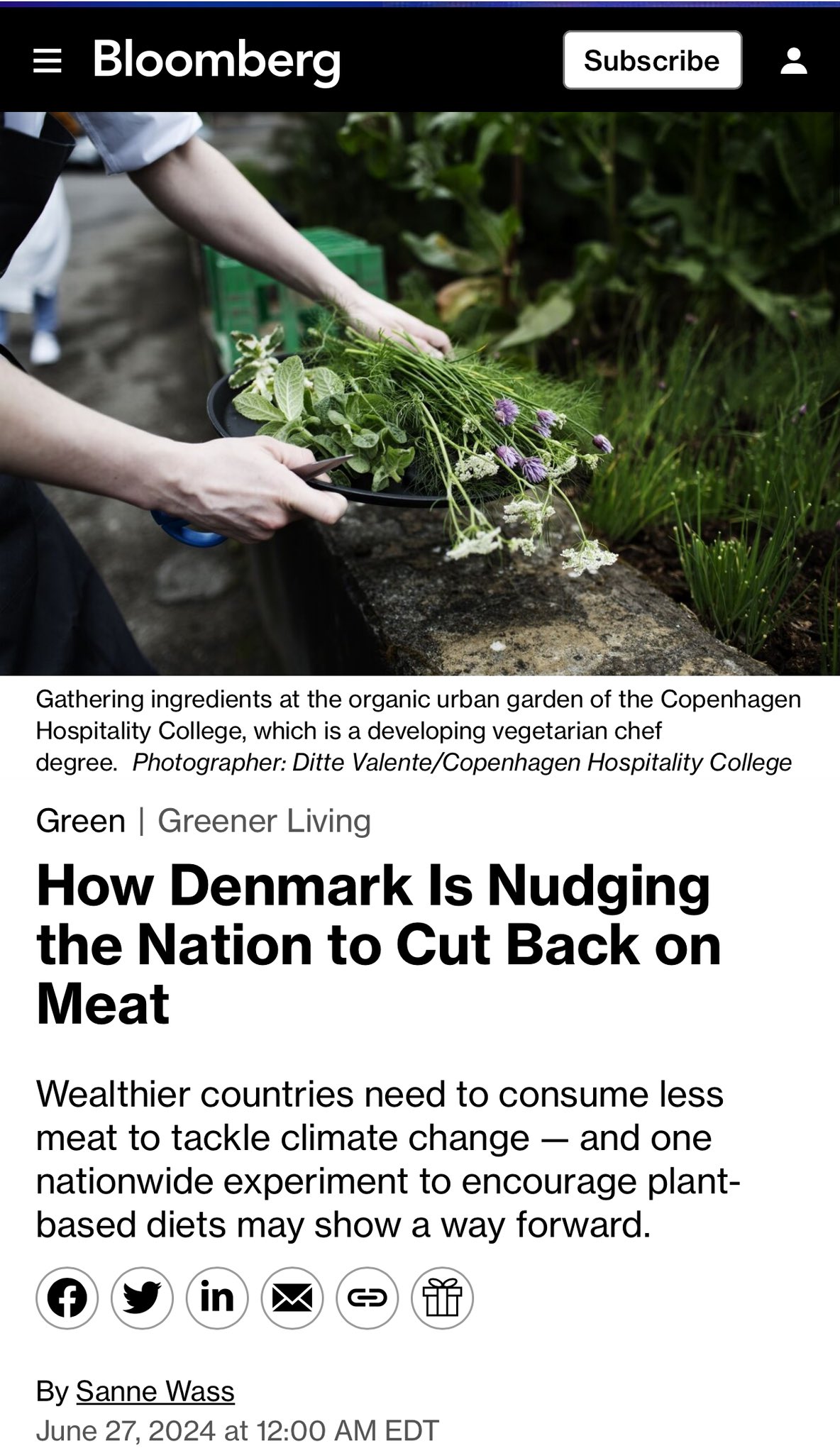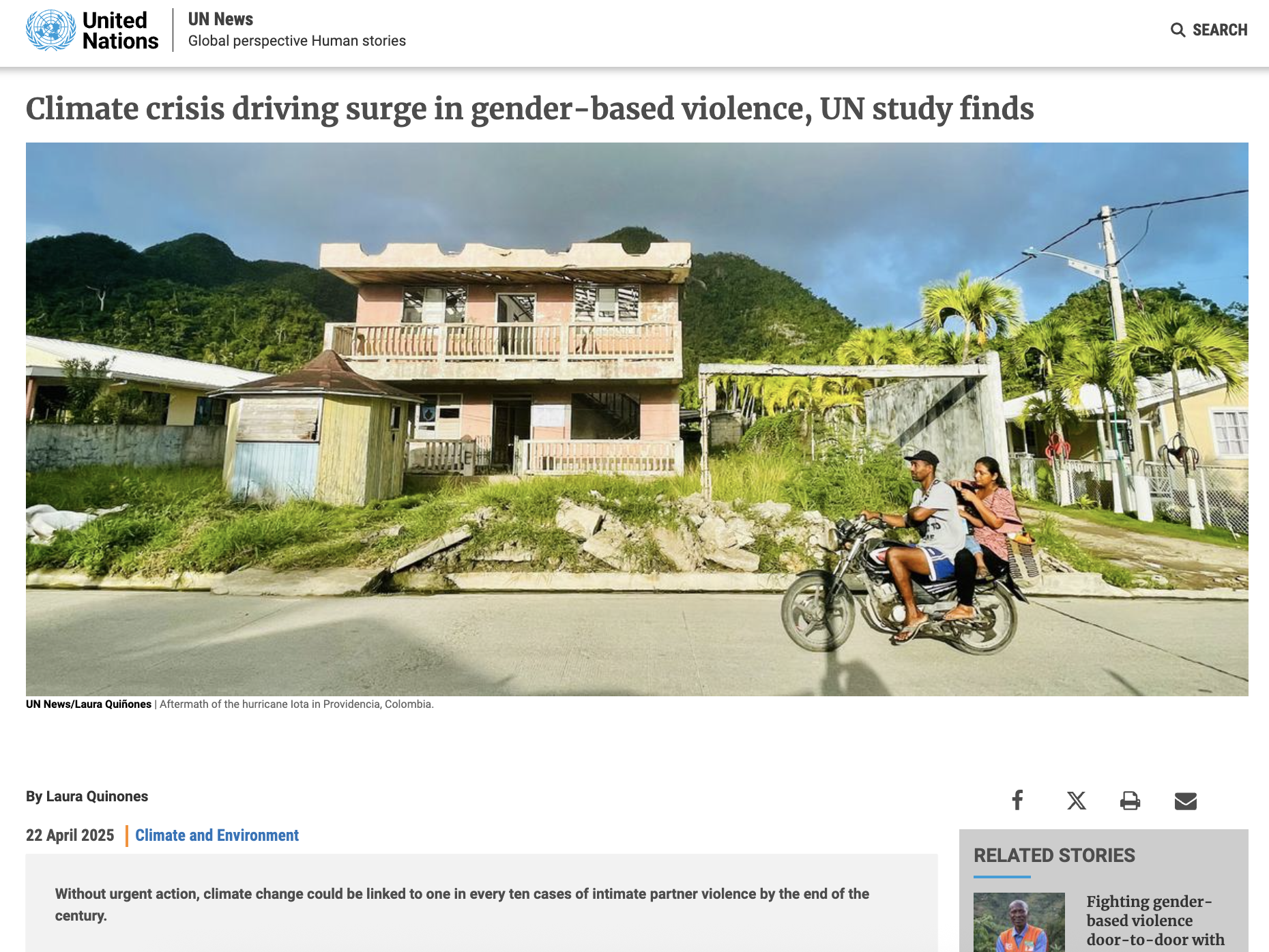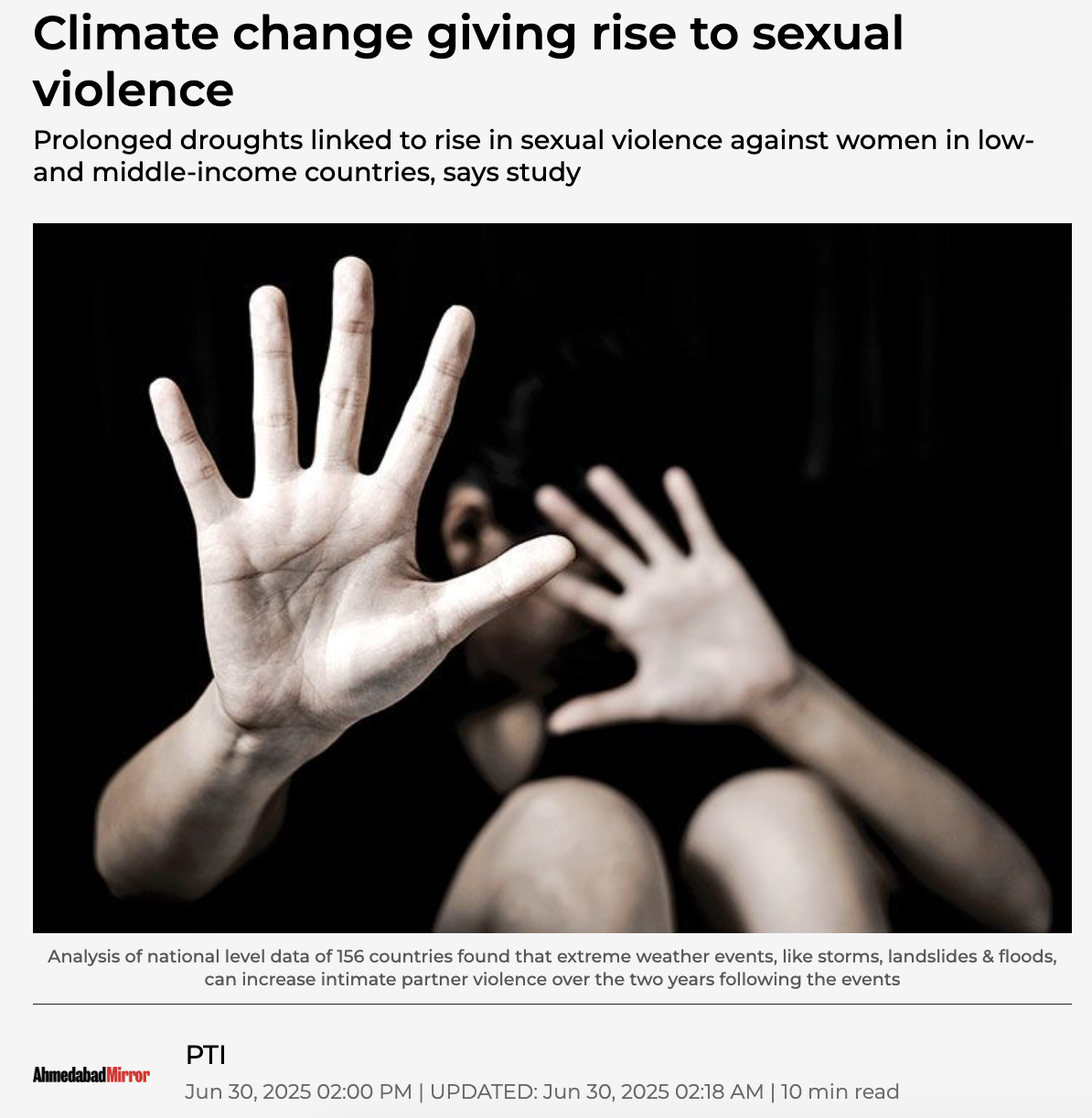You know why Denmark wants to tax cow & pig farts and burps? It’s not an accident; it’s related to their “government-led action plan” to push fake meat (“plant-based” foods). https://t.co/Ykq6YC4Lny pic.twitter.com/MNDhmadnrK
— Gabriella Hoffman (@Gabby_Hoffman) June 27, 2024
Full Danish food plan here: https://en.fvm.dk/Media/638484294982868221/Danish-Action-Plan-for-Plant-based-Foods.pdf
https://www.bloomberg.com/news/features/2024-06-27/denmark-wants-people-to-consume-less-meat-dairy
Bloomberg News: How Denmark Is Nudging the Nation to Cut Back on Meat – Wealthier countries need to consume less meat to tackle climate change — and one nationwide experiment to encourage plant-based diets may show a way forward.
“We got a lot of angry emails from people who said they hoped we would go bankrupt and close,” Kofoed recalls in an interview in Geranium, his chic and bright restaurant located at the national football stadium in Copenhagen.
“It’s like people think you come and steal something from them,” says Kofoed, who was undeterred by the uproar. The chef changed the menu to largely plant-based fare in 2022 and earned a coveted world’s best restaurant award that same year.
Today Geranium has more customers than ever, he says.
Geranium is part of the Danish capital’s growing reputation as a revolutionary culinary destination, but the domestic furore over its menu shows not everyone in Denmark is ready for innovative plant-based cuisine. Many Danes have been raised on bacon and butter, and feel passionately about their traditional pork sandwiches and meatballs.
Creative solutions are needed to address some of the biggest unsolved climate challenges. Livestock is estimated to make up some 14.5% of global greenhouse gas emissions and is a drag on land and water resources. Getting people in high-income countries to eat less meat has been singled out as a key way to help the planet. Swapping out beef for a single meal can almost halve a person’s carbon footprint for that day.
…
“It sends a signal to countries that are similarly deeply rooted in the meat tradition that it’s possible to create dialogue and start initiatives for change. It’s easy to copy-and-paste,” Dragsdahl says. Just this week Denmark also succeeded in negotiating a tax on farm emissions with key industry players.
…
Other European nations have been “asking curiously” about the details of Denmark’s action plan — which the government has now translated into English — and expressing interest in taking a similar approach, says Jacob Jensen, Denmark’s food minister.
Danish Diet Heavily Reliant on Livestock
Annual per-capita consumption of selected meat and dairy products
What characterizes Denmark’s strategy and its Plant Fund projects is they steer clear of words like “vegetarian” or “vegan,” which helps to depolarize the topic.
…
Still, meat remains an important part of Danish culture and tradition, as well as a source of export revenue. An average Dane eats almost three times the recommended amount of red meat, and the country’s food consumption as a result has one of the highest climate impacts per capita globally, according to the Nordic Council of Ministers. Lawmakers have drawn ire when making any attempts to change citizens’ diets in the past. A proposal in 2020 to introduce two weekly meat-free days in Danish public sector canteens was quickly withdrawn due to protests.
Danish Crown, the country’s biggest pork producer, in 2022 launched a meat-free product range in anticipation of future demand. Two years later sales remain “minuscule,” says CEO Jais Valeur. “It’s very slow. There’s a lot of noise and little action.”
#
Related:
Gassy cows & pigs will face a carbon tax in Denmark, a world first







